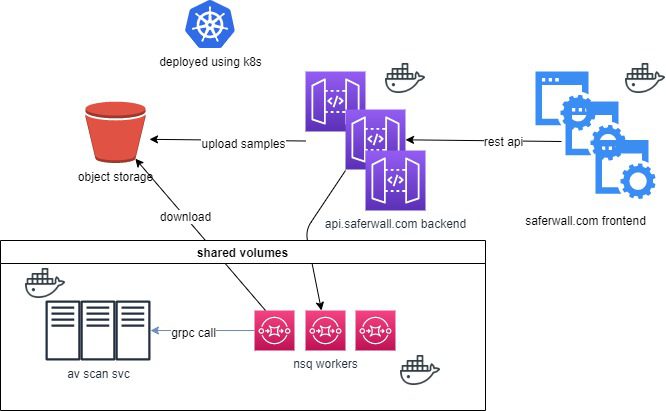Ashley Madison, a dating internet site for everyone searching for an extramarital event, is nevertheless the victim that is latest in a few mega cheats which have dominated cybersecurity headlines when it comes to previous couple of years.
The hackers accountable are referred to as influence Team, and based on the site’s owners Avid lifestyle Media are likely recognized to the company.
To put it differently, it seems the hack is an example that is classic of danger. Exactly what does it show us about how exactly we ought to reform our protection methods? CBR asked professionals, and also this is exactly what they said:
1) Hack is similar to leak that price Morrisons ВЈ2m

Insider risk just isn’t a brand new event in cybersecurity, and contains also been flagged with a court instance which revealed that Andrew Skelton, an IT auditor at Morrisons, released information through the grocer in a obvious work of revenge, costing it some ВЈ2m to fix.
White papers from our lovers
Unlocking the worth of Cloud Migration with Automated Replatforming for the Leading Financial Firm

E-mail safety Threat Report 2020 4 trends that are key spear phishing to qualifications theft
Darktrace Defense Mechanisms Self-Learning Detection & Reaction
Dave Palmer, manager of technology at protection firm Darktrace, received evaluations amongst the Morrisons attack and that on Ashley Madison, incorporating that both attacks supplied proof it was “psychologically a serious big jump” to get from avoiding outsiders to avoiding insiders.
2) Intimate data on intercourse has exacerbated firm’s danger
As those acquainted with the British information regulator the data Commissioner’s Office will understand, only a few info is similarly harmful in a breach. When you look at the full situation of Ashley Madison it isn’t simply re re payment information or identification information that’s been lost, but additionally home elevators intimate choices.
As John Smith, major solution designer at protection merchant Veracode, stated: “The secretive nature of Ashley Madison and its own particularly intimate client information implies that this breach is specially stressing towards the site’s customers.”
3) Attack demonstrates that any ongoing business may become a target
With this particular hack Ashley Madison has accompanied the unenviable ranks of the which have publicly admitted being assaulted, which include famous brands grocers such as for instance Target, online organizations like e-bay as well as technology leaders like Sony.
“there are numerous of reasoned explanations why a business may go become the target of the style of assault, such as for example economic, political or as seems to be the outcome right right here, ethical,” stated Marta Janus, safety researcher at Kaspersky Lab. “the most important thing is the fact that businesses recognize that anybody can be targeted by cybercriminals.”
4) Brand harm shall be on the list of biggest losings
Ashley Madison defines itself as a “discreet” dating internet site with 37 million “anonymous” users – advertising that shows the necessity of privacy into the firm’s reputation and capacity to entice clients towards the solution.
Noting that mega breaches can represent “major injury to the brand”, Roy Katmor, chief executive of information protection company enSilo stated: “A breach at an organization where clients depend on their discernment, that is the outcome right right here, ensures that these form of assaults can also jeopardize [the company’s] very own existence.”
5) consumers should really be careful within the wake of an assault
As the business attracts most of the interest in a breach that is large in the same way impacted would be the clients associated with firm, which in cases like this do have more cause than many to be ashamed and never look for advice with its wake.
Tod Beardsley, protection engineering manager at Rapid7, stated: “As uncomfortable as it can be, Ashley Madison users ought to examine their password-reuse habits, consider better quality password generation and storage space techniques, and treat with suspicion any interaction that seems to result from the compromised solution.”
